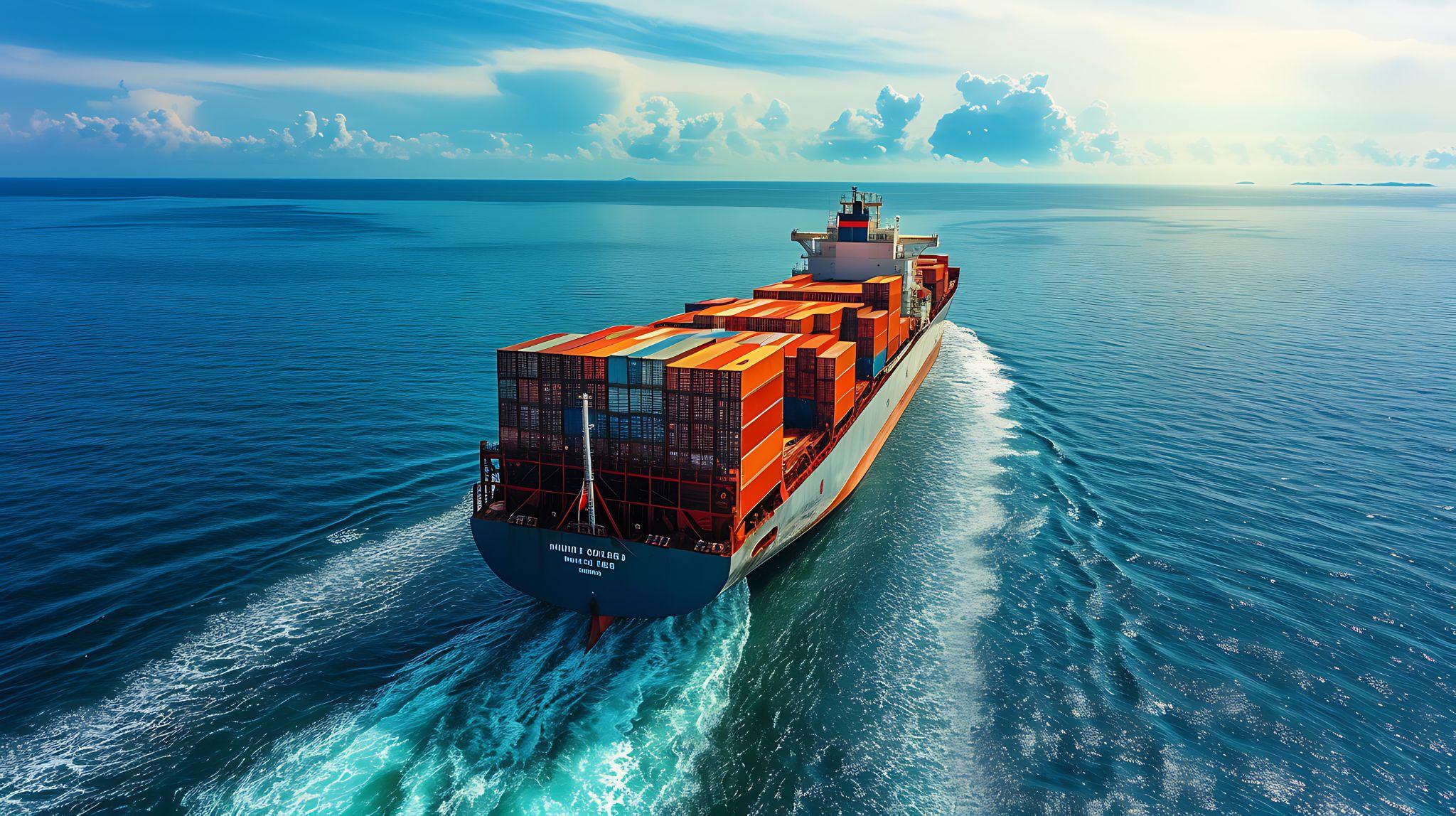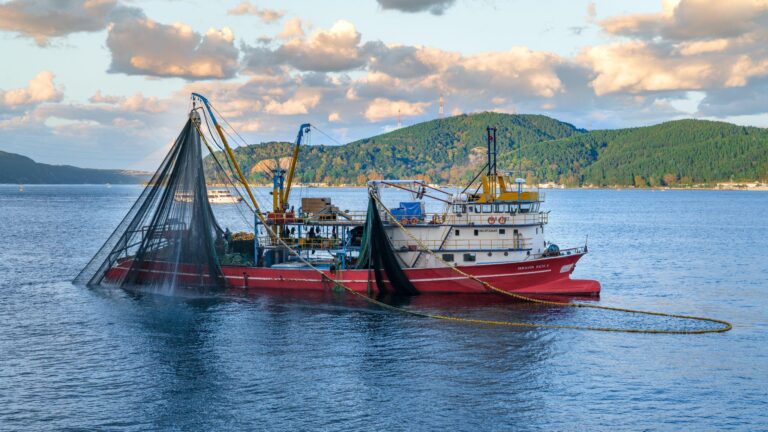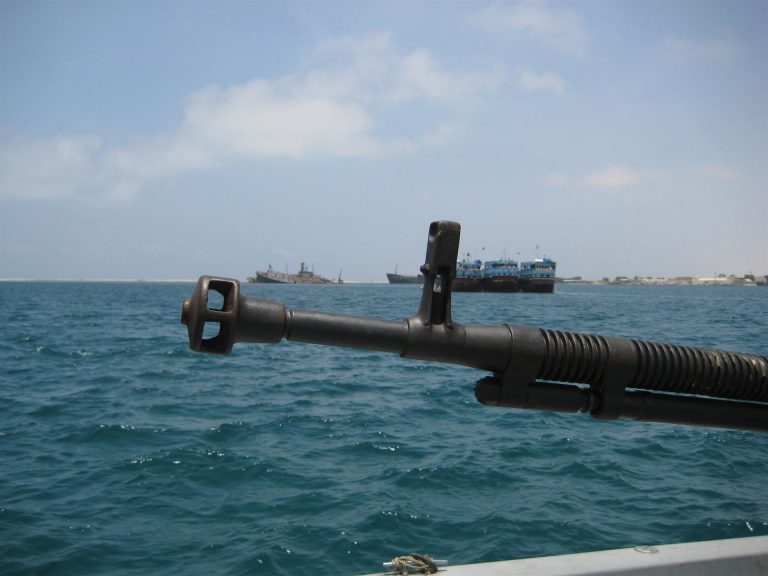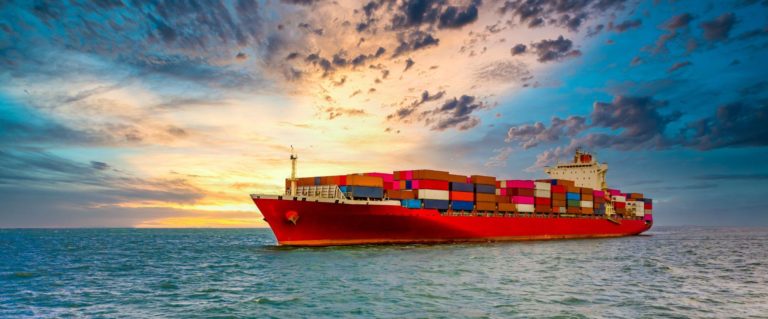If you are employed as a seaman, dockworker, or offshore laborer and have been injured during the course of your employment, you may have entitlements under maritime law. Depending on your role, your injury claim may be subject to different requirements and compensation regulations.
Qualified maritime injury attorneys can help you determine which laws apply to your situation and secure the maximum settlement achievable.
Who Qualifies as a Maritime Worker?
Not all maritime workers regularly work on ships, and maritime law distinguishes between seamen and non-seamen. If you are a seaman, you may qualify to file a claim under the Jones Act if you’ve been injured at work. To be classified as a seaman:
- You must work on a vessel that is in navigation (not moored or attached to land-based facilities).
- Your role must contribute to the vessel’s mission or operation.
For maritime laborers who do not meet the seaman criteria, there are still legal protections. Examples of non-seamen occupations that might qualify for compensation include:
- Loading or unloading goods from vessels
- Repairing or assembling ships
- Working as pier, dock, or terminal employees
These maritime industry jobs are essential to the functioning and success of maritime operations. If you work in one of these areas and have been injured, you might be eligible for compensation under the Longshore and Harbor Workers’ Compensation Act (LHWCA).
Consulting with a skilled maritime attorney can help clarify which regulations apply to your case and ensure you understand what qualifies as a grievance.
Understanding Claims Under the Jones Act
The Jones Act provides protection for injured seamen by allowing them to recover damages from their employers if negligence contributed to their injuries. Some common examples of employer negligence include:
- Failure to provide a safe work environment
- Breaches of safety protocols
- Inadequate medical care
- Negligence by coworkers
- The vessel being unfit for its intended use
Filing a grievance under the Jones Act can help injured seamen receive the justice they deserve. These claims must generally be filed within three years of the injury. In addition to negligence claims, injured seamen are entitled to maintenance and cure, which includes:
- Maintenance: Daily living expenses paid by the employer regardless of fault.
- Cure: Coverage of reasonable medical expenses during recovery.
These claims can be filed separately or alongside negligence complaints. The Jones Act can also provide larger settlements compared to traditional workers’ compensation claims, ensuring injured maritime workers receive appropriate compensation for their maritime injury.
Understanding Claims Under the Longshore and Harbor Workers’ Compensation Act (LHWCA)
For workers classified as non-seamen, the LHWCA provides protection for injuries or illnesses sustained on the job. Unlike the Jones Act, LHWCA claims do not require proof of employer negligence. Eligible workers may receive:
- Compensation for medical expenses
- Disability payments
- Wrongful death benefits for family members of workers killed during employment
Filing a complaint at work under the LHWCA can ensure you are protected and receive benefits to cover the consequences of your maritime work injury. The LHWCA is designed to protect workers who do not qualify under the Jones Act but are essential to the maritime industry. Ensuring that you meet the filing requirements for a grievance under this act can be crucial to receiving your deserved compensation.
Maritime Piracy and Legal Protections
If you have been involved in a maritime piracy incident, you might also have legal recourse under certain maritime laws. Although piracy is often associated with international law, it can sometimes intersect with the Jones Act or other legal frameworks.
An experienced maritime injury attorney can evaluate your case to determine the best course of action. Filing a maritime claim requires careful evaluation of the laws involved to choose the best path for ensuring your rights are fully protected.
Why You Need a Maritime Attorney
Navigating maritime laws can be complex due to the varying regulations and legal definitions of maritime workers. An experienced attorney can:
- Determine whether you qualify as a seaman or non-seaman
- Identify the correct laws and compensation options for your situation
- Ensure that you meet filing deadlines and avoid common pitfalls
- Advocate for the maximum settlement possible for your injuries
The assistance of a maritime injury attorney can make all the difference when filing a grievance.
Steps to Take After a Maritime Injury
If you have sustained an injury working in the maritime industry, here are some essential steps to protect yourself and your rights:
- Report the Injury: Notify your employer as soon as possible and ensure the incident is documented.
- Seek Medical Attention: Obtain medical treatment for your injuries and keep records of all medical expenses.
- Consult a Maritime Attorney: Legal representation can help you navigate the often complicated nature of maritime law and maximize your compensation.
- File Your Claim Promptly: Depending on the applicable law, there may be strict deadlines for filing your claim (e.g., three years under the Jones Act).
Experience Matters When Maximizing Your Recovery
At Schechter, Shaffer & Harris, we understand the complexities of maritime law and the unique challenges faced by injured maritime workers. With decades of experience, we’ve recovered over $1 billion for maritime accident victims nationwide since 1964.
Our team is committed to ensuring you receive full compensation for your injuries, including medical coverage for all related expenses, lost wages factoring in future earning potential, and damages for pain and suffering.
We don’t let negligent employers or insurance companies shortchange you. Contact Schechter, Shaffer & Harris today for a complimentary consultation, and let our proven experience fight for your maximum recovery. Whether it’s navigating the nuances of the Jones Act, LHWCA, or filing a grievance for maritime injury, we are here to help.









